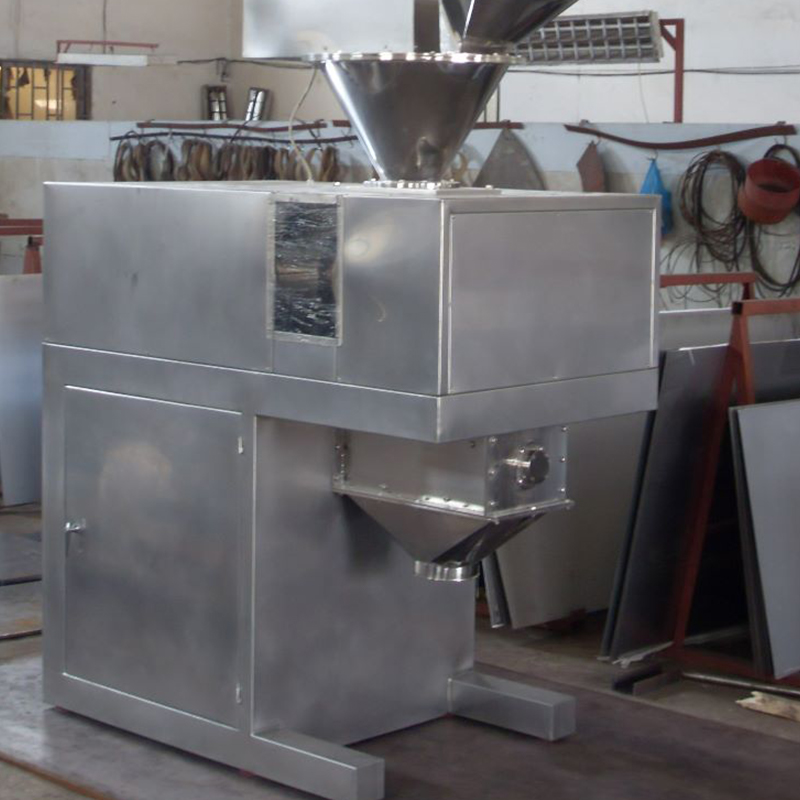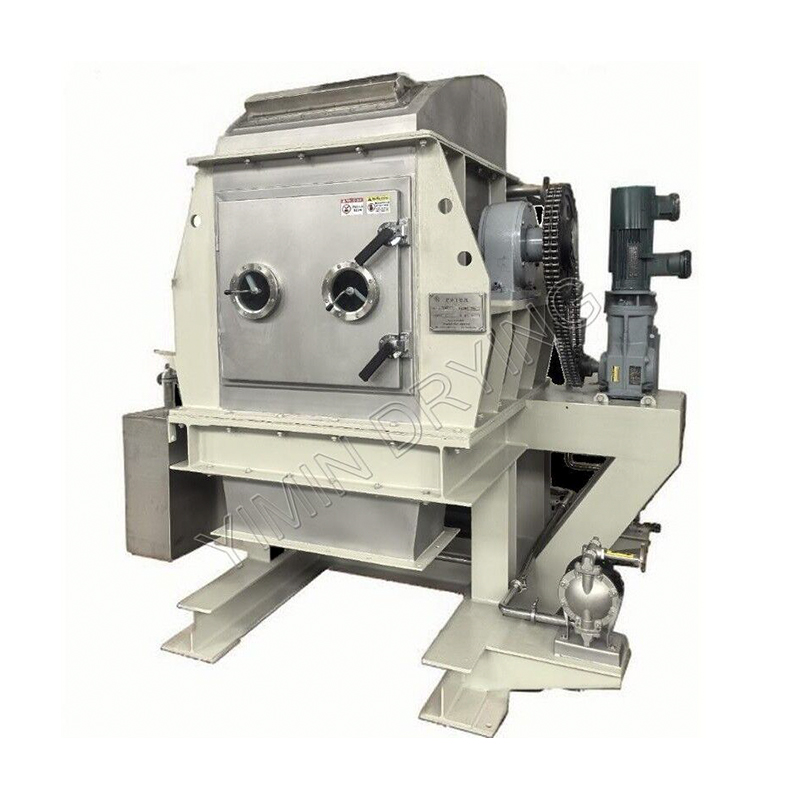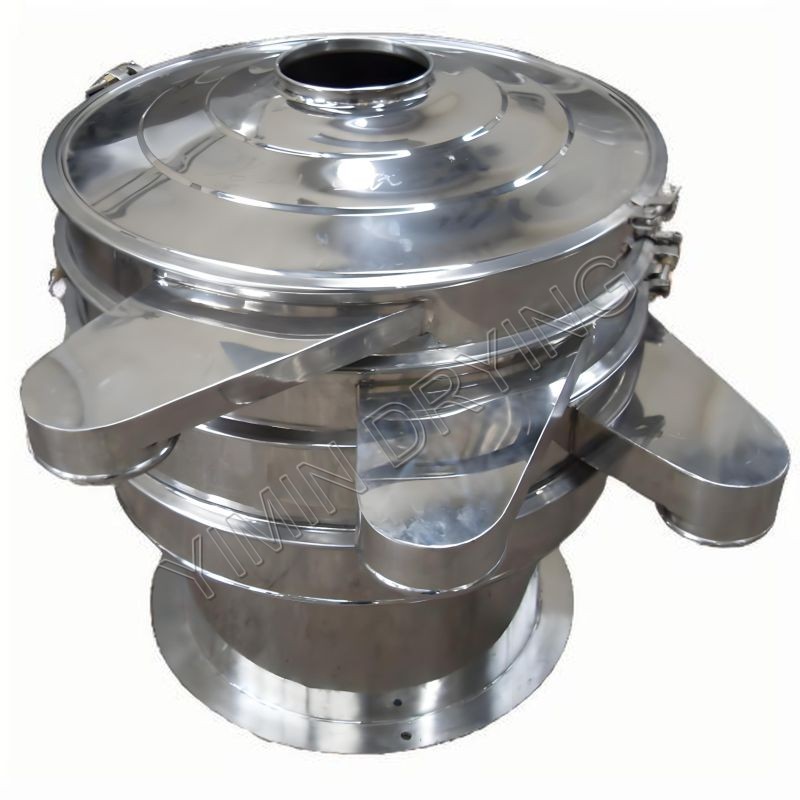Beyond Pharmaceuticals: The Broad Industrial Applications of Dry Granulation
While often spotlighted for its critical role in pharmaceutical manufacturing, dry granulation is a versatile and indispensable process with significant applications across a multitude of other major industries. The ability to agglomerate fine powders into free-flowing granules without the use of liquid binders or heat makes it an attractive solution for materials sensitive to moisture, temperature, or those requiring high-density compaction. The Dry Granulator, typically in the form of a roller compactor or slugging press, is the workhorse behind these diverse applications, transforming challenging powders into manageable, high-quality products.
Food and Beverage Industry
The food and beverage sector heavily relies on dry granulation for a variety of products, from improving ingredient handling to creating consumer-friendly formats. Many food additives, flavorings, and instant drink mixes benefit from this process. For instance, creating soluble coffee granules, soup bases, or even certain sugar substitutes often involves a Dry Granulator. The process ensures uniform particle size, enhances dissolution rates, and prevents segregation of components in complex mixtures. This leads to better product consistency, reduced dust, and improved pourability for both industrial users and end consumers. Furthermore, sensitive ingredients like probiotics or enzymes can be dry granulated to protect their stability, as exposure to moisture or heat during wet granulation could degrade their efficacy.
Chemical Industry
In the vast chemical industry, dry granulation offers solutions for handling hazardous materials, reducing dust, and enhancing product performance. Catalysts, for example, are frequently produced via dry granulation to achieve specific surface areas and mechanical strength, crucial for their efficiency in chemical reactions. Agricultural chemicals, such as fertilizers and pesticides, also extensively utilize Dry Granulators. Granulated fertilizers provide slow-release properties and easier, more uniform application, minimizing environmental impact and maximizing effectiveness. Similarly, granular pesticides reduce inhalation risks for applicators and allow for controlled dispersion. The process is also vital for specialty chemicals, where dust control is paramount for worker safety and preventing cross-contamination.
Nutraceuticals and Dietary Supplements
Closely related to pharmaceuticals but with distinct considerations, the nutraceuticals and dietary supplements industry is a prime user of dry granulation. Vitamins, mineral complexes, herbal extracts, and protein powders often present challenges due to their varying particle sizes, poor flowability, and sensitivity to moisture. A Dry Granulator efficiently converts these raw materials into compact, free-flowing granules suitable for tablet compression or encapsulation. This not only improves manufacturing efficiency but also ensures content uniformity in the final supplement product, which is critical for accurate dosing and consumer trust. The absence of solvents also aligns well with the “natural” perception often associated with these products.
Metallurgy and Materials Science
Even in the realm of heavy industry and advanced materials, dry granulation finds its niche. In powder metallurgy, for instance, metal powders can be dry granulated to improve their flow characteristics for pressing into intricate shapes. This enhances die filling, reduces defects, and improves the density of green compacts before sintering. Similarly, in the production of advanced ceramics or refractory materials, a Dry Granulator can be used to prepare raw material mixes, ensuring homogeneity and consistent particle size distribution for subsequent high-temperature processing. The increased bulk density achieved through compaction also allows for more efficient handling and storage of these valuable materials.
Conclusion
The reach of dry granulation extends far beyond its well-known applications in pharmaceuticals. From ensuring consistent food quality and safe chemical handling to optimizing supplement delivery and advancing material science, the Dry Granulator stands as a testament to the power of precise powder engineering. As industries continue to seek efficient, environmentally friendly, and robust methods for processing challenging materials, the versatility and inherent advantages of dry granulation will undoubtedly ensure its continued growth and innovation across an ever-widening array of industrial landscapes.



 English
English русский
русский عربى
عربى Türk
Türk





